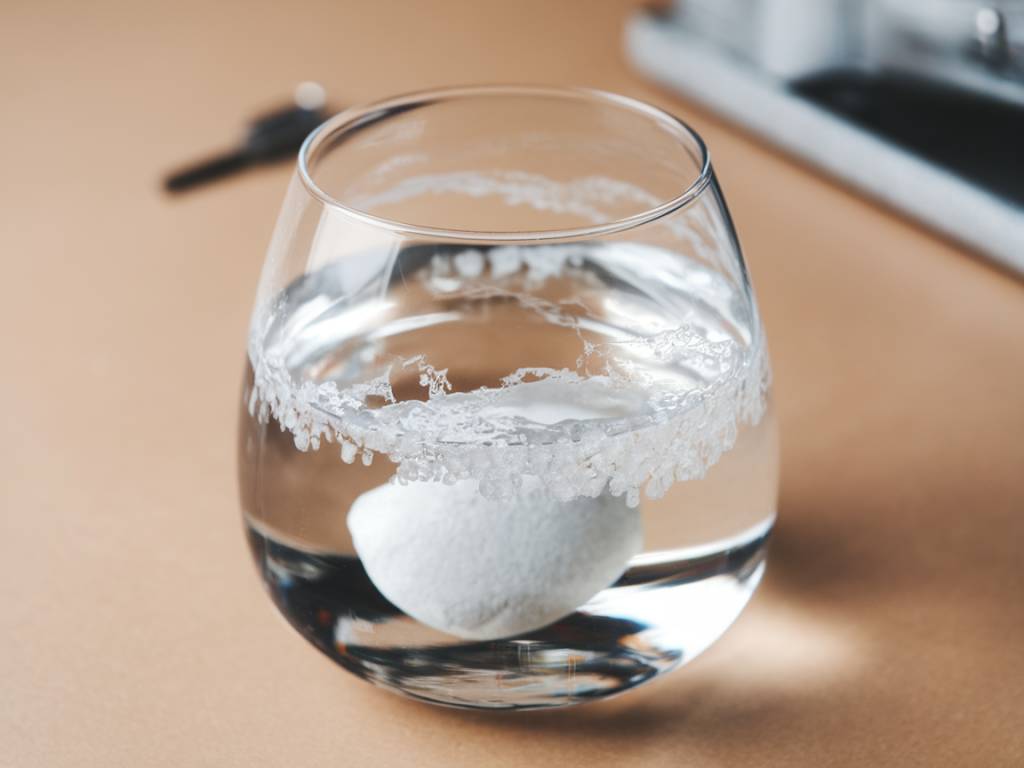Understanding Hard Water: Causes, Effects, and Solutions
Have you ever noticed white spots on your glasses after washing them? Or maybe your soap doesn’t lather as much as it should? If so, you might be dealing with hard water. While it’s not harmful to your health, hard water can cause a variety of annoyances in daily life and even lead to costly plumbing issues. Let’s dive deep into what hard water is, what causes it, and—most importantly—how to deal with it.
What Is Hard Water?
Hard water is water that contains a high concentration of dissolved minerals, primarily calcium and magnesium. These minerals are naturally picked up as water flows through limestone, chalk, or gypsum deposits underground. While essential for bone health when consumed, these minerals can leave behind stubborn residues in pipes and appliances.
What Causes Hard Water?
The hardness of water largely depends on its journey before reaching your tap. When water moves through mineral-rich environments, it dissolves calcium and magnesium, increasing its hardness. Some regions have naturally softer water because their water sources pass through rocks that don’t release these minerals.
The hardness level is typically measured in grains per gallon (gpg) or parts per million (ppm):
- Soft water: 0-3.5 gpg (0-60 ppm)
- Moderately hard water: 3.5-7 gpg (60-120 ppm)
- Hard water: 7-10.5 gpg (120-180 ppm)
- Very hard water: 10.5+ gpg (180+ ppm)
These levels vary depending on where you live. If you’re uncertain, a simple water test kit can help determine your water’s hardness.
Effects of Hard Water on Your Home and Health
While hard water doesn’t affect drinking safety, it can lead to numerous issues around your home. Here’s what you need to watch out for:
On Plumbing and Appliances
- Mineral buildup in pipes: Over time, hard water causes limescale deposits in pipes, restricting water flow and leading to increased plumbing costs.
- Shortened appliance lifespan: Washing machines, dishwashers, and water heaters working with hard water tend to wear out faster due to mineral deposits affecting efficiency.
- Reduced water pressure: As minerals accumulate in showerheads and faucets, water pressure can decline, making showers less enjoyable.
On Cleaning and Laundry
- Soap doesn’t lather well: Hard water reacts with soap, reducing its ability to foam properly, which means more effort when washing dishes, clothes, and even yourself.
- Streaky dishes and glassware: You may notice cloudy spots on your glasses even after using a dishwasher—this is due to mineral residue.
- Dingy clothes: Laundry washed in hard water may feel stiff or look faded over time.
On Skin and Hair
- Dry skin: Hard water strips natural oils from your skin, leaving it dry and irritated.
- Dull, brittle hair: Hair washed in hard water can become dry, weak, and difficult to manage.
Do you ever feel like your shampoo just won’t rinse out completely? That’s because the minerals in hard water can react with soap, leaving behind a filmy residue.
How to Test for Hard Water
If you suspect hard water in your home, there are some easy ways to test it:
- Soap test: Fill a bottle with water, add a few drops of liquid soap, and shake. If the water remains cloudy and doesn’t form suds, you likely have hard water.
- Water testing kits: Available online or at hardware stores, these kits provide more accurate insights into your water’s hardness level.
- Check for scale buildup: White, chalky deposits around faucets, showerheads, and kettles are telltale signs of hard water.
Solutions for Hard Water
While hard water can be frustrating, the good news is that several solutions can help mitigate its effects.
Water Softeners
One of the most effective ways to tackle hard water is by installing a water softener. These devices replace calcium and magnesium ions with sodium or potassium ions, reducing hardness.
- Salt-based water softeners: Use ion exchange to eliminate hardness from water effectively.
- Salt-free conditioners: These do not remove minerals but instead alter their structure to prevent buildup.
While effective, salt-based softeners require periodic salt replenishment and some maintenance.
Vinegar for Mineral Buildup
If you’re dealing with minor mineral deposits, white vinegar can act as a simple and natural solution. Use it to descale coffee makers, kettles, and faucets.
- Soak showerheads in a vinegar solution overnight to remove scale.
- Run vinegar through your coffee machine or kettle to dissolve deposits.
Shower Filters
If hard water is making your hair and skin dry, installing a shower filter can help. These filters remove or reduce the concentration of minerals, leaving the water gentler on your hair and skin.
Laundry Additives
To prevent stiff clothes, add a water conditioner or vinegar to your washing machine. This helps break down mineral deposits and keeps fabrics soft.
Final Thoughts
Hard water may be a common issue, but it’s far from unbeatable. Whether you choose a comprehensive water softening system or simple household solutions like vinegar and shower filters, there are plenty of ways to improve your water quality. If you’ve been struggling with dull hair, dry skin, or stubborn scale buildup, now you know why—and more importantly, what to do about it.
What’s your experience with hard water? Have you tried any of these solutions? Let us know in the comments below!
